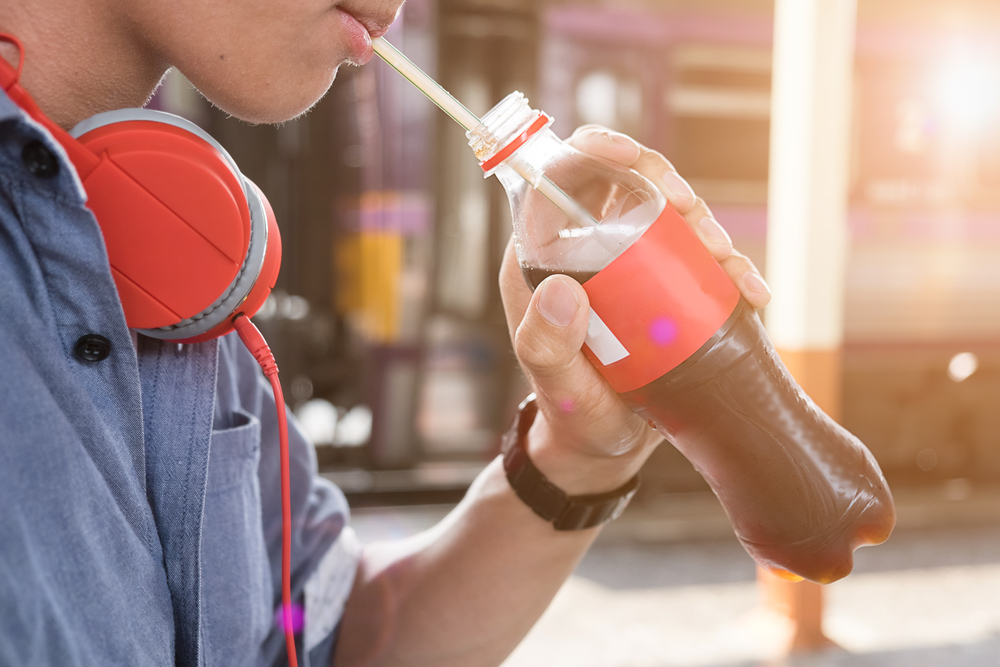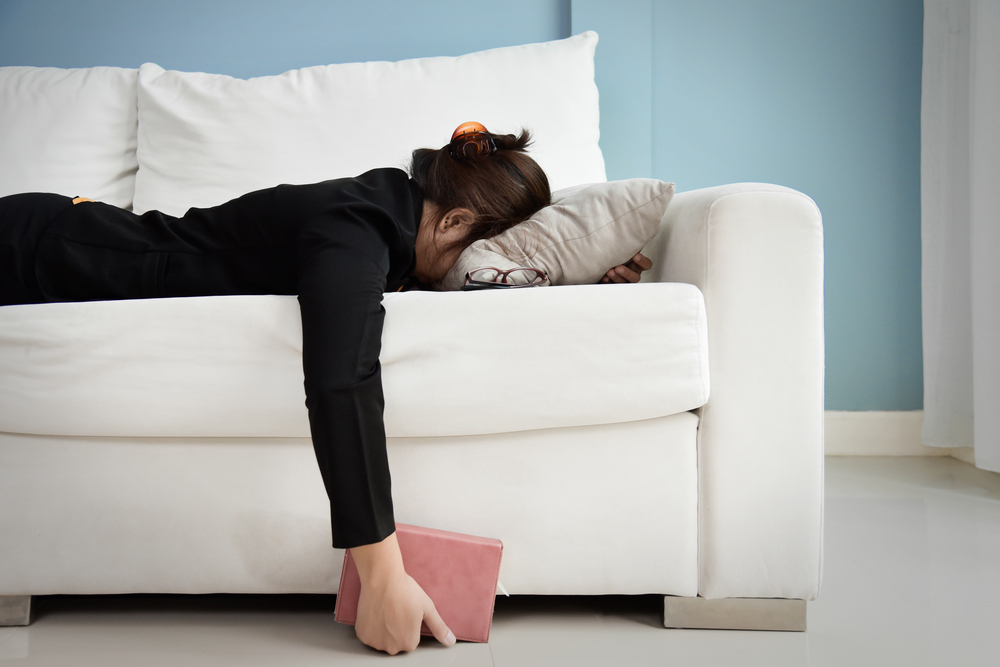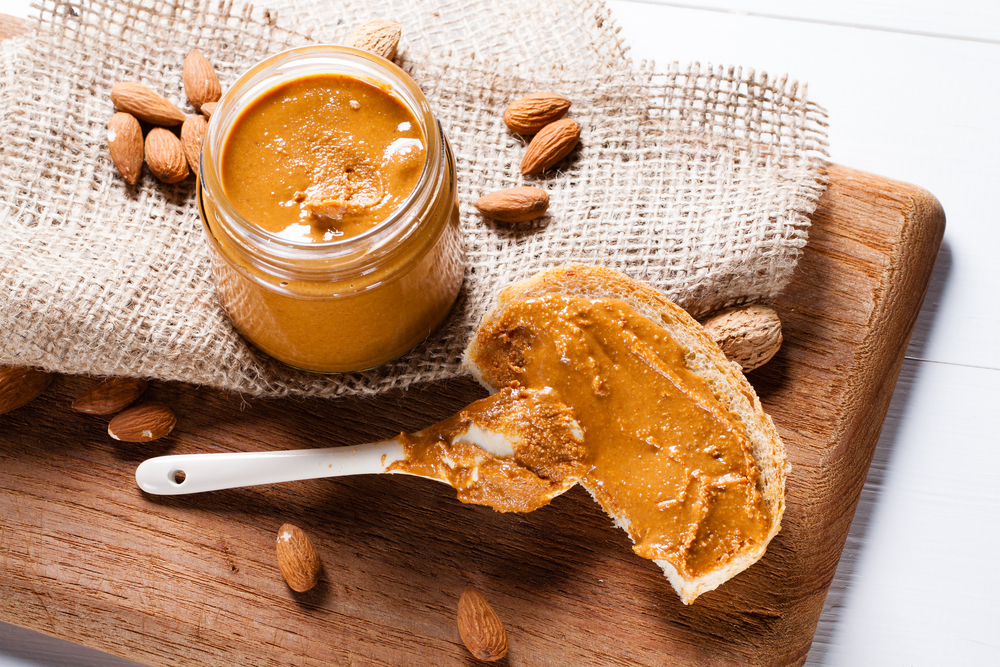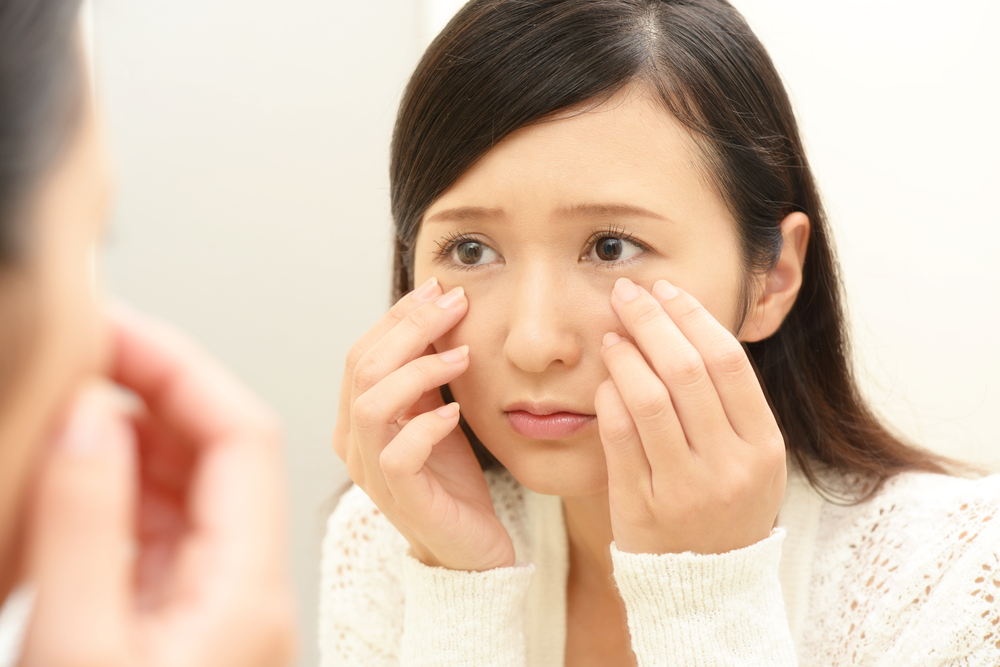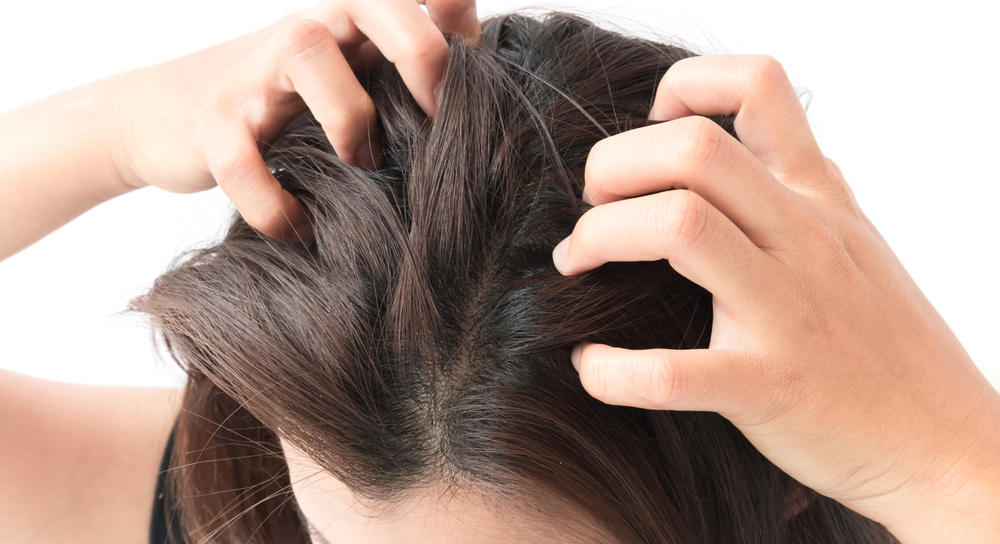Contents:
- Medical Video: The Buzz on Kids and Energy Drinks
- Effects of caffeine on boys and girls after puberty
- How come?
Medical Video: The Buzz on Kids and Energy Drinks
Carbonated drinks, aka soda, are children's favorite drinks. However, this drink contains high levels of caffeine which is certainly not good for too many children to consume. Too much caffeine intake causes children to be easily agitated, difficult to concentrate, and even hyperactive. Caffeine can increase blood pressure and reduce a child's heart rate. This is because children's bodies are far more sensitive to the effects of caffeine than adults.
However, aresearch published in Journal Pediatrics shows that the effects of caffeine in the body can differ between boys and girls after passing through puberty. How come?
Effects of caffeine on boys and girls after puberty
The study found that the body reactions of adolescent boys to the effects of caffeine were greater than what young women showed. The more portion of caffeine consumed, the systolic blood pressure (top number) increases and the heart rate decreases. However, this only happens to boys who are already puberty.
Meanwhile, the effects of caffeine on female adolescents are more apparent in their menstrual cycle. Young women who consume caffeine during the study period experience a decrease in heart rate after their ovulation passes, while their blood pressure increases dramatically before ovulation arrives.
The difference in the effects of caffeine in puberty male adolescents is also seen in its physiological response. Teenage boys aged 12-17 years showed behavior that was more easily agitated, more hasty, and more active than girls who were on the same level who also consumed caffeine in the same amount. The sports performance of young men was reported to be better than female ABG after they were given caffeine intake.
The difference in the effects of caffeine on puberty young men and women was concluded after observing 54 boys and 47 girls aged 8-9 years (prepubertal) and ages 15-17 years (post -bertal). During the study period, they were divided into groups for placebo and two doses of caffeine.
Even more interesting, another study published in the 2015 journal Human Reproduction shows that consumption of soft drinks can cause girls to experience first menstruation (menarche) faster than girls who do not drink it.
How come?
Caffeine is an active substance that works to stimulate the brain's nerves to make you more alert and alert by dilating blood vessels. Caffeine also triggers the body to secrete adrenaline, which can increase blood pressure.
However, this study did not find out the exact cause behind the differences in the effects of caffeine on puberty girls and boys and those who did not.
The researchers concluded that further research is needed to determine whether this difference is caused by physiological factors, such as steroid hormones or psychosocial factors. These psychosocial factors can include differences in patterns of caffeine use, caffeine use by peers or differences in autonomy and control over the purchase of drinks.

